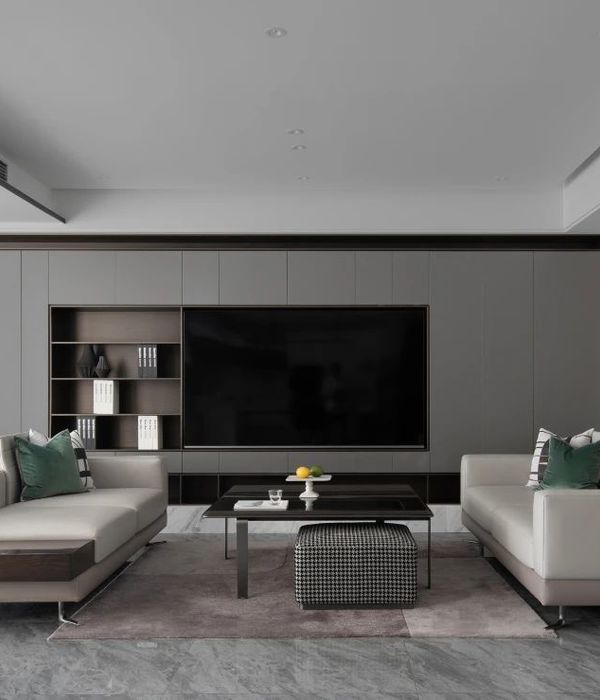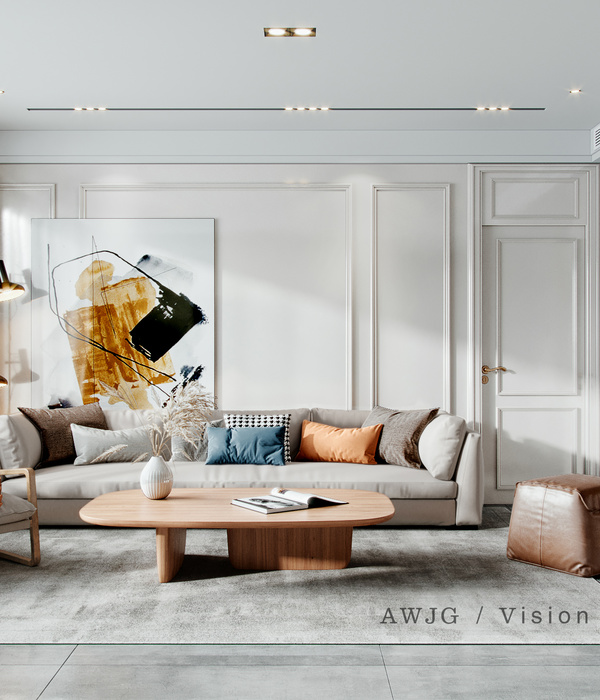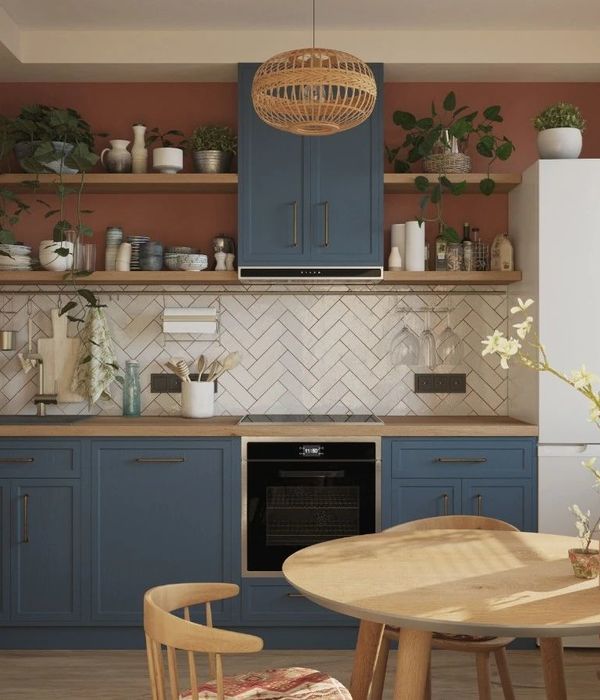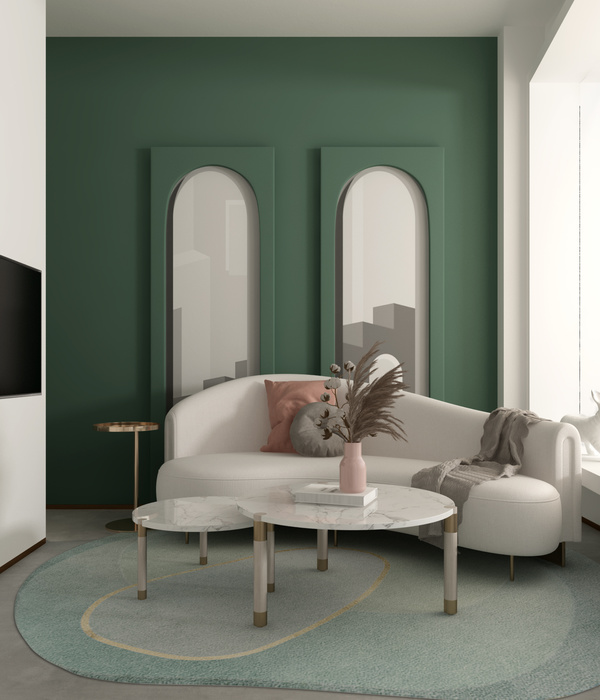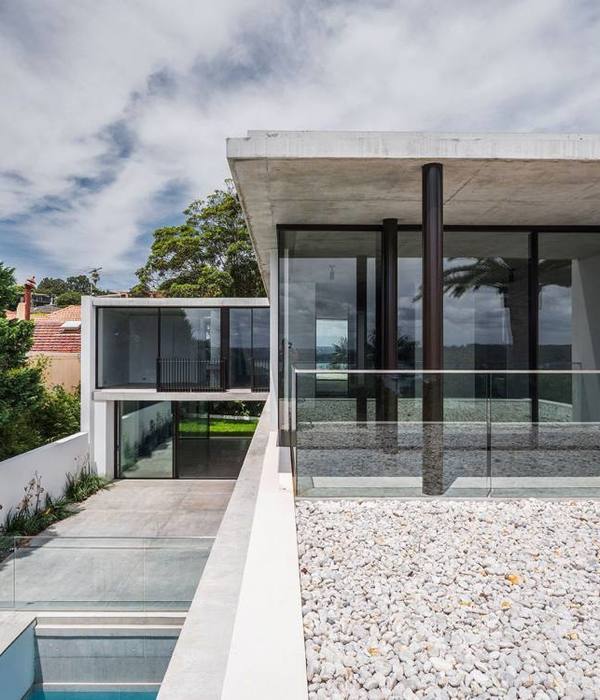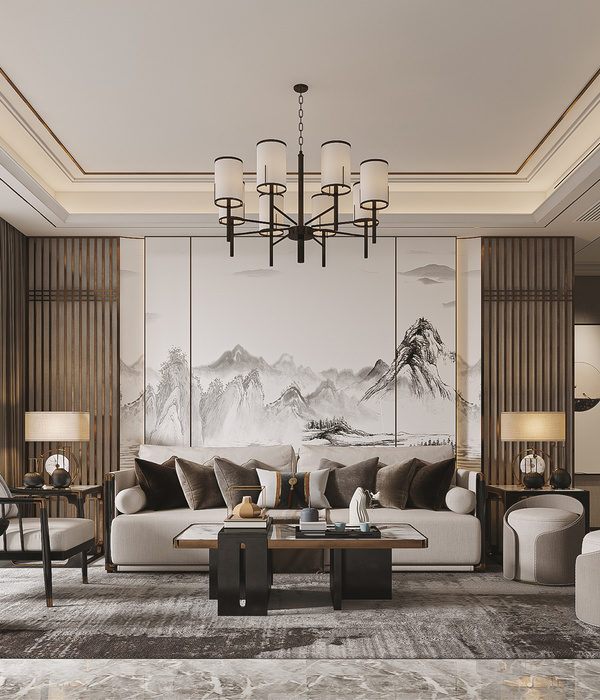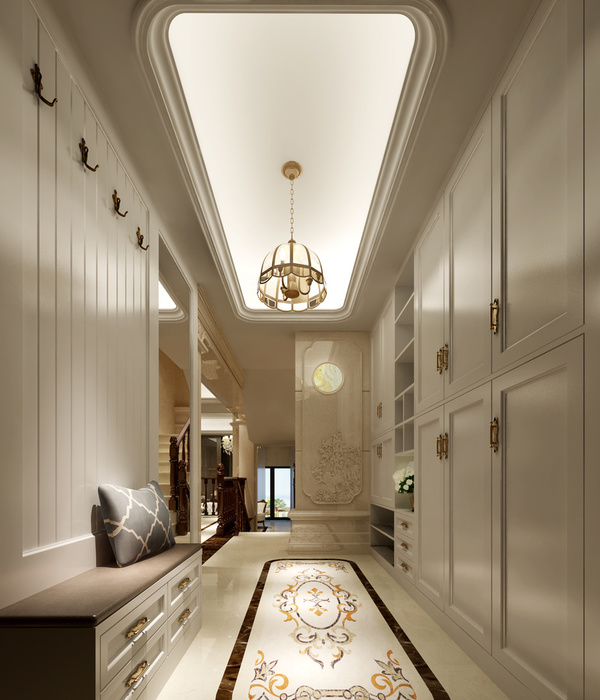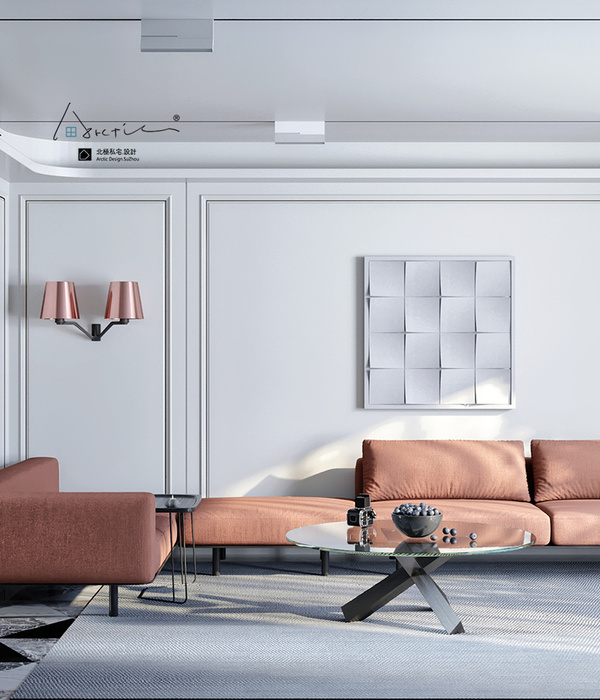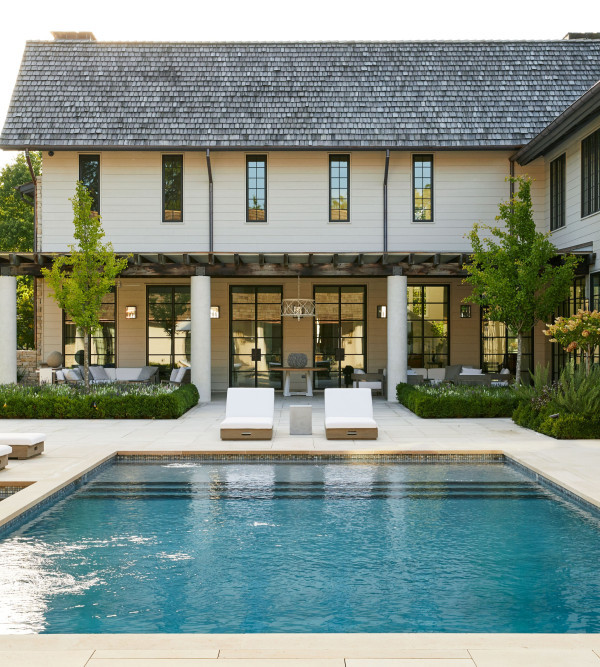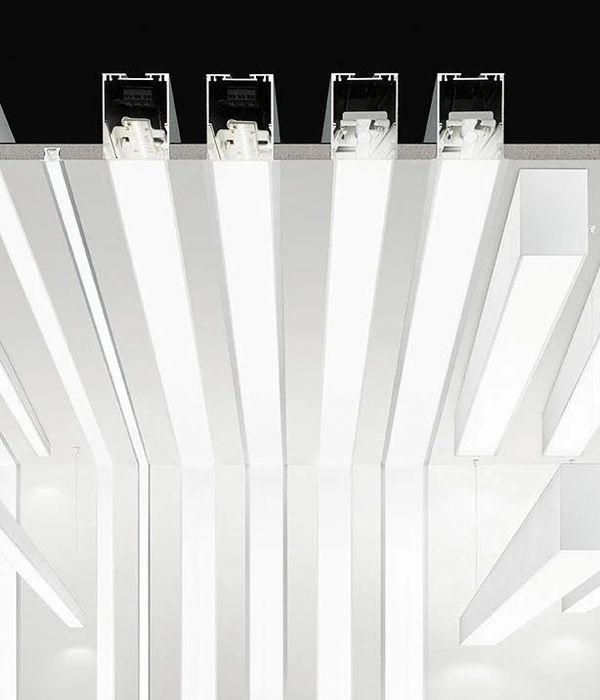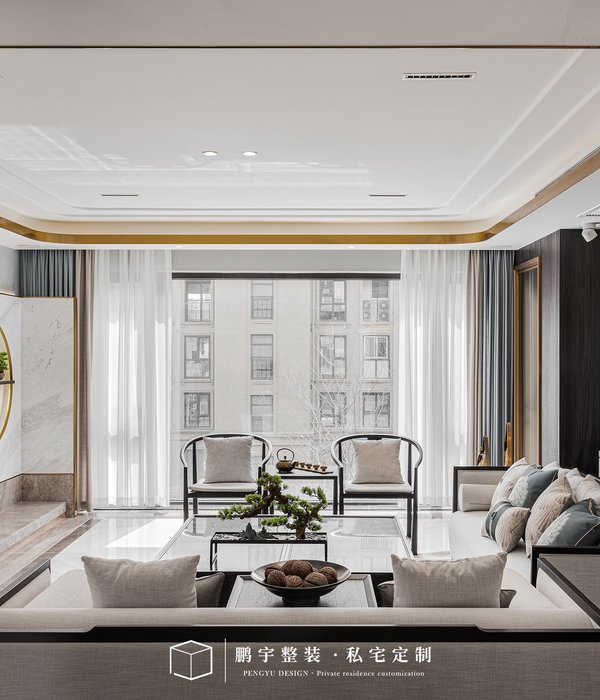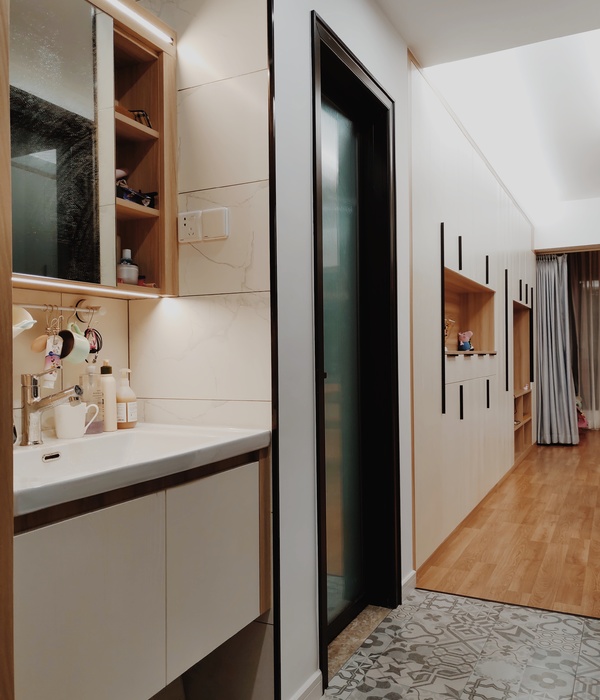Architects:Taller ADG
Area :19 m²
Year :2017
Photographs :Jaime Navarro
Lead Architect :Alonso de Garay
Design Team : Alejandra Romo, Luis Bolaños, Alberto Cabrera, Daniel Camacho
Clients : Instituto del Fondo Nacional de Vivienda para los Trabajadores (INFONAVIT)
Furniture Design And Ensamble : Diseño Met
Contractor : OMESA (Operadora de Maquinaria y Equipos, SA de CV)
City : Temixco
Country : Mexico
This project is about extending and improving the houses whose original composition has a single bedroom; these houses are overcrowded, generating situations of violence and tension, especially against women. With the construction of this additional room we will be protecting them, thereby generating a condition of well-being and prosperity for half of the population. In order to reduce overcrowding in houses, the INFONAVIT, implemented the "Un Cuarto Más" (“One More Room”) strategy, which aims to benefit more than two million people in urban areas of Mexico. The main objective of this strategy is the development of prototypes that offer solutions of efficiency in cost, time and extension.
For Taller ADG, overcrowding is not only the excessive proportion of inhabitants occupying the same area, but also the quality and dignity of the spaces. Beyond design, our proposal offers a possibility of reconfiguring the house in a simple, multifunctional and integrated way, seeking to change the experience and improve the spatial quality and environmental comfort of the house. We established five key components: staircase, one more room, front terrace, side terrace and a backyard-terrace. We seek that this addition works as continuity or natural extension of the house. Using the existing construction system, based on concrete blocks, our proposal minimizes the use of material resources and exposes the integrity of structural performance. Conrete blocks are also configured in such a way that they work as supports for wooden elements or some other material for furniture, texture on the facade and rhythm when several modules are repeated, as well as ventilation, natural lighting and modules door-window-ladder. The roof design (W panels), which is a reverse gable roof, allows the canalization of rainfall to a single downstream slope that flows into the backyard, achieving a high efficiency of rainfall trajectories and increasing the potential for rainwater collection. The staircase includes a small landscape area and a skylight made of cellular polycarbonate. This increases the lighting levels of the existing ground floor. In this area we integrate a latticework based on concrete blocks for cross ventilation.
Our interpretation of the program not only takes advantage of the additional square meters, but also reconfigures the house and its integration with an additional floor. We avoid the "placement" of a roof module; instead we aimed to make it part of the initial program, considering the geometric adjustment and flexibility of the new intervention. One more room that goes beyond its four walls not only to expand the house but to improve it. This intervention generates positive secondary impacts such as privacy, the creation of resting areas and the reduction of family violence. Also, this initiative has the potential to generate an important surplus to the value of the house, and increase the economic heritage of the mortgagors and their families.
▼项目更多图片
{{item.text_origin}}

